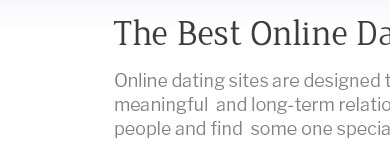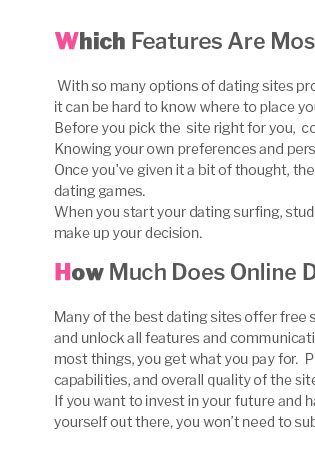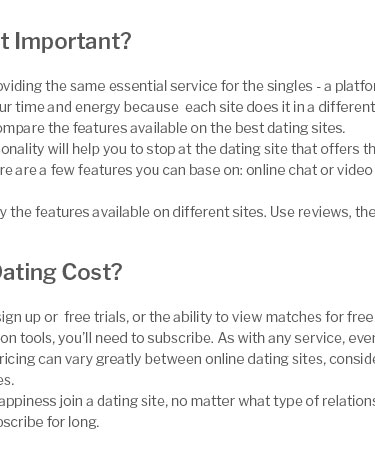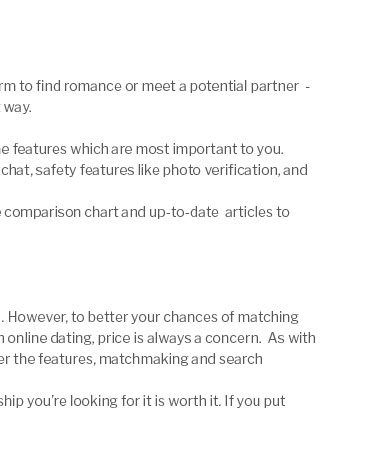dating apps guide for newcomersWhat dating apps are and how they workdating apps are mobile and web platforms that connect people through profiles, preferences, and matching signals. They streamline introductions with filters, prompts, and easy-to-use chats so conversations start with context and intention. Core features you’ll encounter- Profile cards with photos, prompts, and badges for hobbies or values.
- Discovery feeds with like, pass, and mutual match mechanics.
- Filters for interests, proximity, and lifestyle priorities.
- Safety controls such as reporting, blocking, and verification checks.
- Optional upgrades for visibility boosts and refined search.
Clarity beats quantity. Choosing the right app for your goalsStart by naming your goal: casual chat, committed partnership, or interest-based companionship. Map that goal to features, community norms, and safety practices. A strong fit feels intuitive, respectful, and aligned with your boundaries. Decision checklist- Define your goal and non‑negotiables.
- Evaluate discovery models: swipes, prompts, or interest groups.
- Look for active moderation and clear community rules.
- Check privacy controls and data practices you can understand.
- Scan for inclusivity, accessibility, and respectful culture.
- Consider upgrade value against your budget and needs.
If discretion is central to your search, curated lists that emphasize privacy and intention-such as genuine affair sites-can help you compare niche communities with clearer expectations. Building a profile that attractsPhotos and basics- Use a clear headshot plus a candid full‑length image in everyday settings.
- Avoid heavy filters; natural light and relaxed posture read as trustworthy.
- Add one context photo that hints at interests you enjoy.
- Keep backgrounds simple to focus attention on you.
Bio that signals compatibilityWrite a compact bio that shares a snapshot of your world and the connection you want. Lead with specifics that spark conversation and set kind boundaries. - Start with a vivid hook: a hobby, mission, or quirk.
- State values and a couple of green‑flag habits.
- Invite conversation with a friendly prompt or choice question.
Specific beats generic. Messaging that gets repliesOpeners that stand out- Reference a detail from the profile and ask a curious, answerable question.
- Offer a tiny take, then invite theirs: “I’m team deep‑dish; your move?”
- Use warmth and humor without negs or tests.
Keeping momentum without pressure- Ask one focused question at a time and share a bit about yourself.
- Mirror energy and pace, and respect boundaries immediately.
- Suggest a low‑friction next step that matches comfort levels.
- Never copy‑paste; tailor each note to the person.
Respect is magnetic. Safety, privacy, and etiquetteHealthy connections grow from mutual care, consent, and steady communication. Protect your personal info, trust your instincts, and favor platforms with transparent safety tools. Practical safeguards- Keep sensitive data private; move gradually to richer details.
- Use in‑app calls or messages until trust is established.
- Verify with a quick video greeting or a unique prompt photo.
- Report suspicious behavior and block as needed.
- If plans shift to in‑person, choose a populated public setting and share logistics with a trusted contact.
Local connections and discoveryGeographic filters help you find people nearby and coordinate convenient meetups. Region‑focused communities can be useful for exploring local scenes or niche interests; resources such as florida hookup highlight proximity‑friendly options that emphasize straightforward introductions. Green lights and red flagsGreen lights- Clear communication, consistent stories, and patient pacing.
- Respect for boundaries, pronouns, and preferences.
- Profiles with real‑life context and verified photos.
Red flags- Pressure, love‑bombing, or guilt tactics.
- Requests for money, codes, or off‑platform links without rapport.
- Inconsistent claims, evasiveness, or refusal to verify.
Your comfort matters. FAQHow do matching systems in dating apps usually work?Most platforms mix profile inputs, stated preferences, and engagement signals to rank who you see. Some prioritize mutual interests and proximity, others emphasize recent activity or conversation likelihood. Your actions reshape suggestions, so fine‑tuning likes, passes, and filters improves relevance. What should I write in a bio to attract compatible matches?Share two or three specifics that reveal values and everyday joys, mention a boundary or preference kindly, and close with a simple invite. Example: “Weekend trail fan who cooks spicy noodles; value kindness and directness; message me your favorite trail snack.” How many photos are ideal for a strong first impression?Aim for a clear headshot, one full‑length image, and one context photo that hints at interests. Add one extra if it truly adds new information. Avoid duplicates and heavy filters. What makes a great opening message?Personalization wins. Reference a profile detail, add a short take, and pose a friendly, answerable question. Keep it light, specific, and respectful, and skip generic greetings. How can I spot scams on dating apps?Watch for rushed intimacy, money or code requests, off‑platform links without rapport, and refusal to verify with a simple video hello. Use in‑app tools to report and block, and never share sensitive data. Are paid upgrades worth it?They can help if your priority is wider reach or precise filters. Review what features actually solve your need-visibility, advanced search, or read receipts-and compare cost against expected benefit. Free features plus a well‑tuned profile often deliver strong results.

|




















